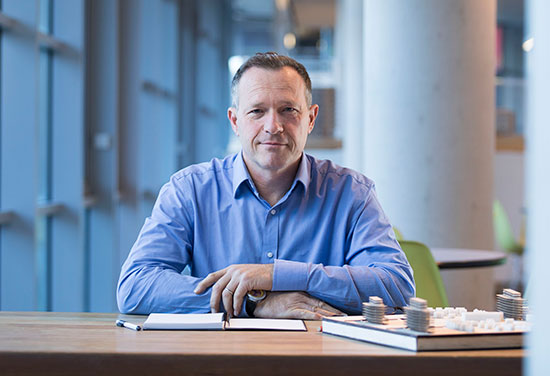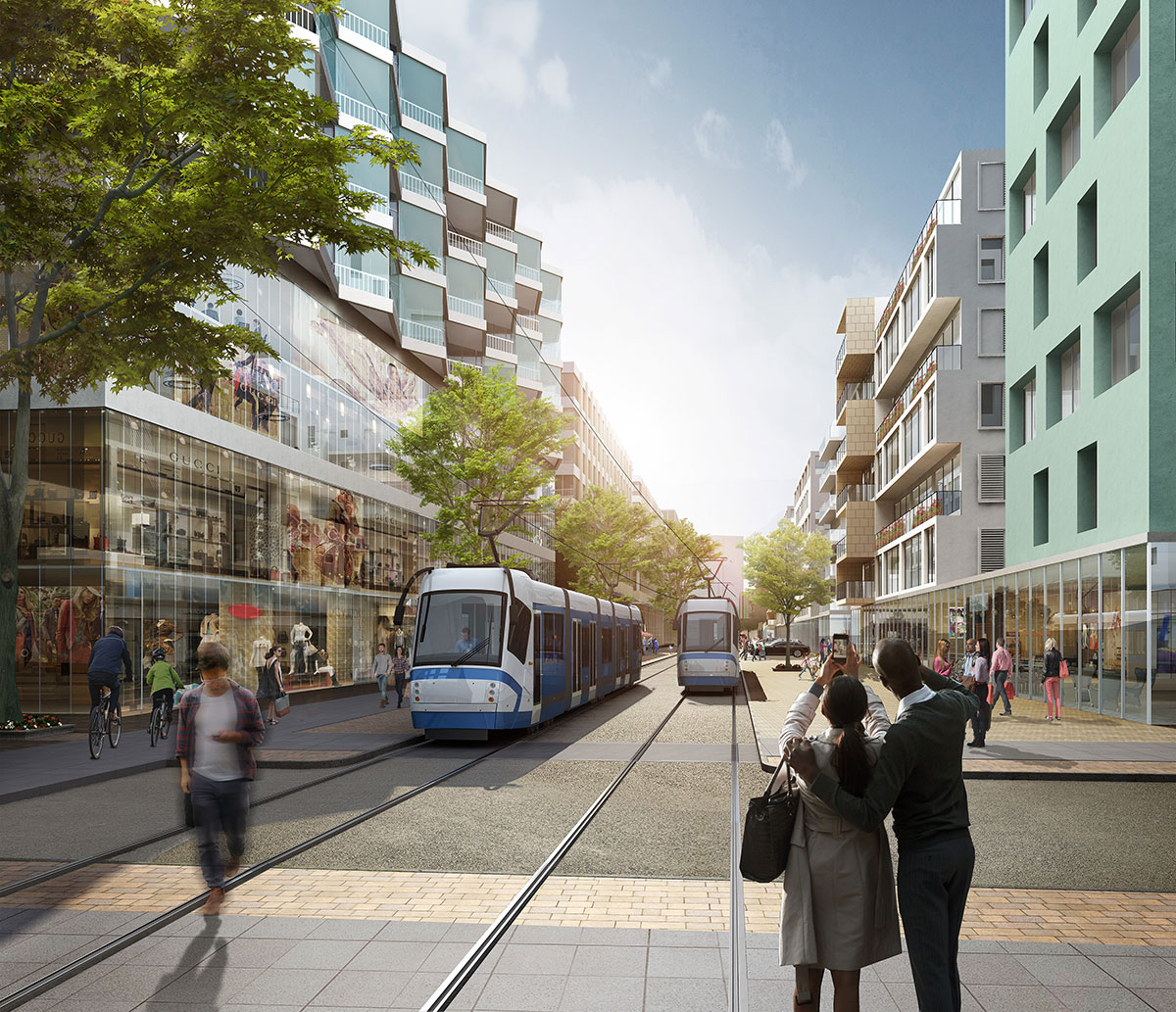#{Title}
#{Copy}

Technology in terms of design and construction, spurred on by political ambition, is delivering urbanisation at pace, a far cry from the slow evolution of many of the world's favourite cities. Francis Glare acknowledges the tremendous pressure on cities with an apparent rural exodus that is driving migration and challenging city planners with the task of delivering bigger cities quickly, but wonders if rapid urbanisation produces good places to live and the great cities of the future.
We've become somewhat immune to the prospect of new cities springing up around the world, not least in China and the Middle East. The computer-generated aerial images of new metropolises - variously proclaimed as Knowledge City, Economic City, Health City etc., - have long since ceased to cause raised eyebrows, not least because we have got used to the sight of some these mega-developments actually being built, often at a staggering pace.
Technology in terms of design and construction, spurred on by political ambition, is delivering urbanisation at pace, a far cry from the slow evolution of many of the world's favourite cities. Even the world's great industrial cities were built in timescales of 25-50 years, not 10. Or less. Of course there is tremendous pressure on cities, with an apparent rural exodus attracted to urban opportunity that is driving migration, challenging city planners with the task of delivering bigger cities, fast. But does rapid urbanisation produce good places to live? Will these be the great cities of the future?

Backaplan, Gothenburg – a new medium density city neighbourhood built on sustainable principles
We hazard a guess that transforming fields into cities inside a generation will be highly problematic. Unlike buildings, communities can't be created overnight. A lack of history and shared experience, an unstable population profile skewed to the young and single and lacking the stabilising influence of families and the old, the risk of failure of new economic ventures and 2-dimensional character of place that is designed largely by one hand and built using the material and techniques of a single moment in time, rarely delivers sustainable place. The urban milieu takes time to develop, to become the glue that holds the city together. For this reason we favour organic growth, urban extensions, and long term planning, to single-minded visions of new cities.